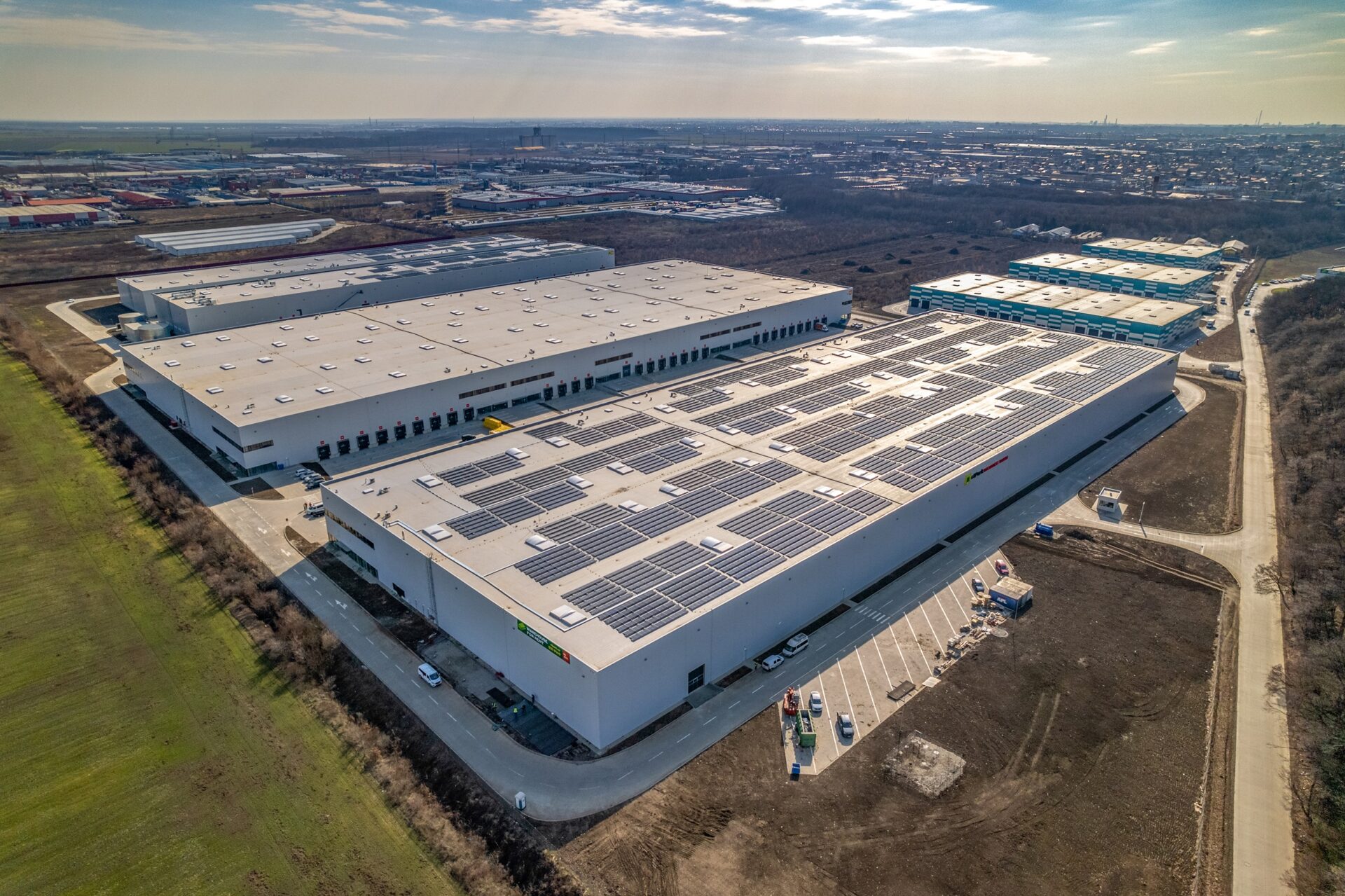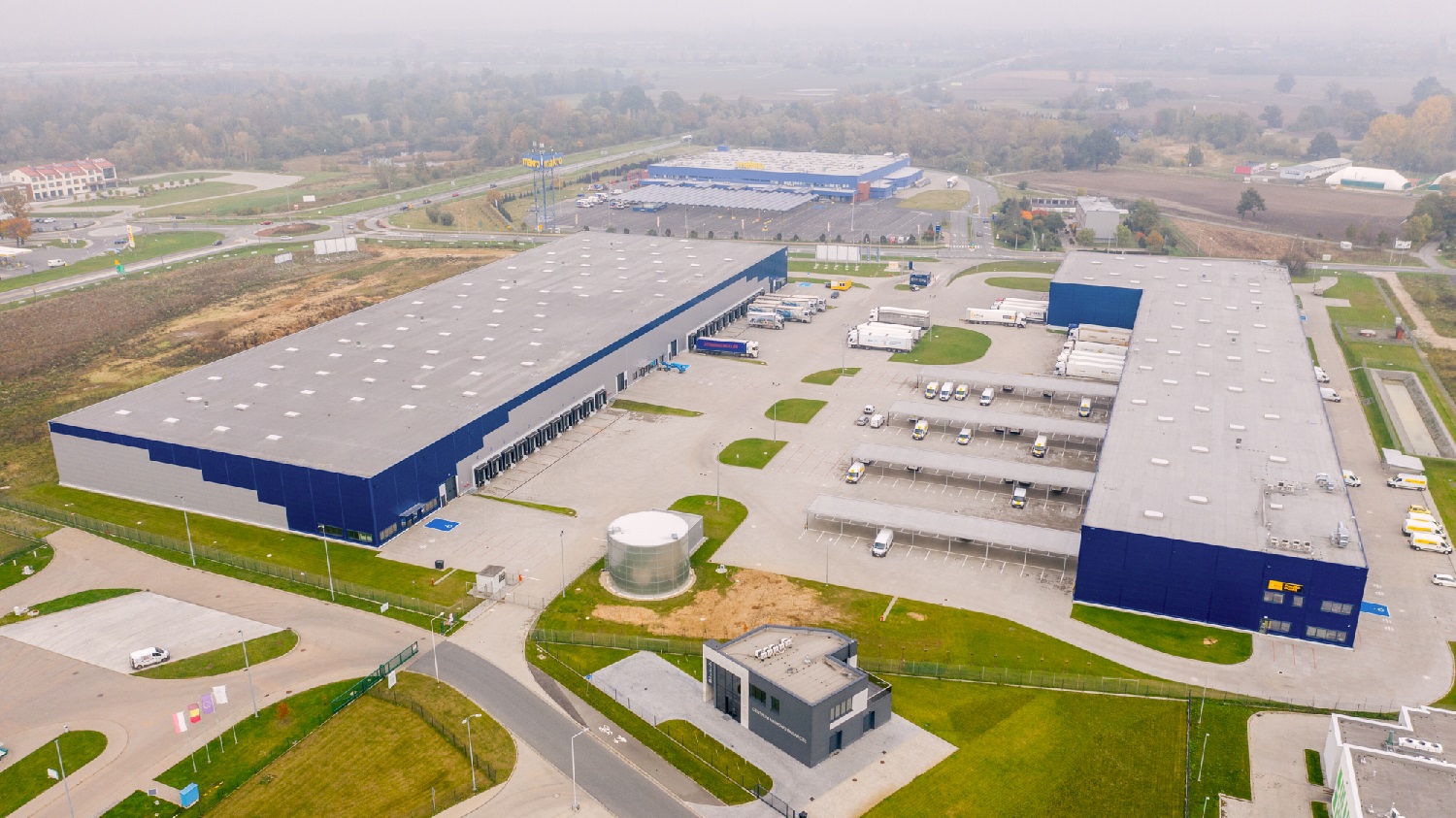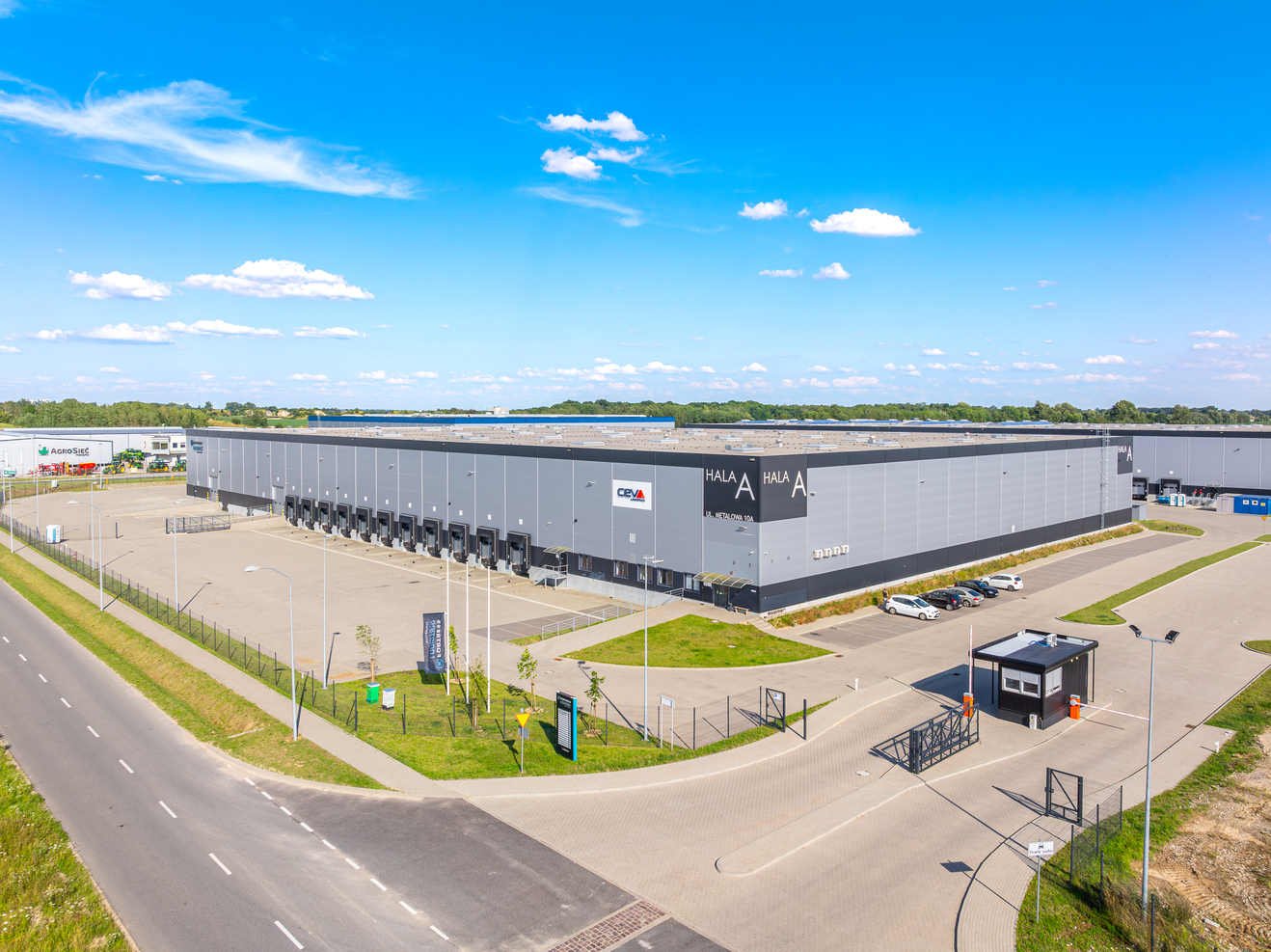E-commerce operators, courier firms and SMEs require modern warehouses in central locations and are ready to pay a premium to be closer to customers and ahead of the competition. No wonder Small Business Units are rising up developers’ agenda, says Jowita Spiżarska, Advisor, Industrial and Warehouse Department, Cresa Poland.
Small Business Units make up warehouse parks in well-exposed, urban locations. The smallest SBUs are 400 sqm compared to the smallest Big Box warehouses measuring approximately 2,500 sqm, depending on the column grid.
A flexible high-standard warehouse
Small Business Units are usually high-quality schemes tailored to a client’s requirements, developed in urban business areas, close to major thoroughfares and public transportation stops. Urban warehouse parks also feature comfortable office and exhibition space, and provide high-quality services including cleaning, snow removal, interior design and remodelling. SBUs can also be easily combined, enabling the tenant to lease the exact amount of square metres required.
SBUs driven by e-commerce
The potential client base is diverse, but the rapid expansion of e-commerce is undoubtedly the key catalyst for the growth of urban logistics. Online retailers want to optimize and shorten supply chains and, with online product prices at comparable levels, are competing ever more aggressively by shortening delivery times. E-commerce operators make efforts to ensure next-day or same-day shipping which is enabled only by storing products close to customers.
High-class SBU space is suitable for storage of time- and temperature-critical products such as pharmaceuticals and perishable foods. Small format schemes also feature showrooms that serve as exhibition space or click-and-collect points.
No shortage of tenants
The client base of SBU developers also includes start-ups, courier companies and large distribution centres needing small urban warehouse facilities, as well as small- and medium-sized retailers or retail and manufacturing firms seeking regional expansion opportunities. With flexible warehouse and office space arrangement options, they ensure that their manufacturing, warehouse and logistics teams, on the one hand, and administration, marketing and sales teams, on the other, remain in close contact.
Leading developers remain active
Although urban SBUs have been constructed for many years, the market boom is a recent development. Warsaw, in particular, is seeing a large volume of urban warehouse space under construction. Just a few weeks ago, Ideal Idea, which had spearheaded the growth of SBUs on the Polish market, finalised their acquisition of a site for their fifth warehouse and office project. Ideal Idea City Park will comprise 19,500 sqm developed on 4.5 hectares of land tucked between Warsaw and Raszyn.
All leading industrial developers are planning to expand into the segment of Small Business Units. Panattoni is currently constructing two SBUs in Warsaw and one in Wrocław. Besides Panattoni, 7R is also active in Łódź, and Prologis, MLP and Luvena in Poznań. Looking ahead, new SBUs will also be developed in Silesia (Dąbrowa Górnicza and Czeladź Psary), Tricity, Szczecin and Kielce.
More expensive
Compared to non-urban locations, urban development sites trade at substantially higher prices, pushing lease rents up. In addition, SBU construction costs tend to be higher than in the case of typical Big Box warehouses, especially the office part. The growing occupier demand for urban parks and high occupancy levels are a clear evidence that clients need such space and are willing to pay for it.







